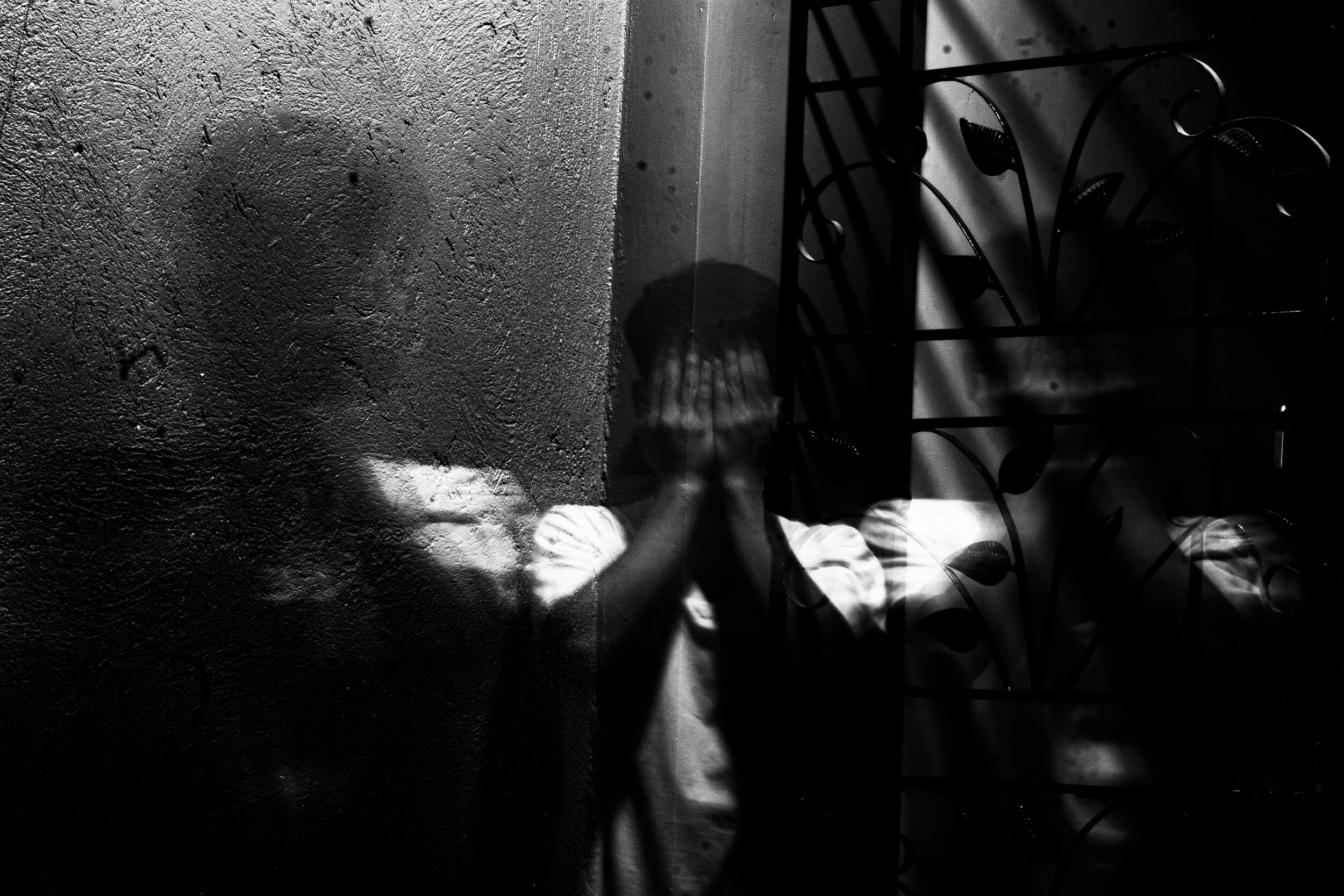Should we ever return to our offices again?
With today’s fast-paced digital connectivity and the slew of productivity tools at their disposal, critiques of the office spaces asked if the cost of infrastructure, the inconvenience of the daily commute, and the needless increase in the carbon footprint was worth it. The pandemic proved them emphatically right. By Vipin Labroo
Do You Hate This Ad? Spotify and the Self-Reflexivity of Advertising
Streaming music giant Spotify’s ad campaign blurs the line between fact and fiction, a meta conversation that offers the listeners less annoyance with more upgrades. Does it work? By Shambhavi Gupta
What Makes a Modern Indian Minimalist?
‘The idea is not to renounce the good things in life, but to actually understand them.’ Vipin Labroo argues why India—with its vast inequality, unemployment, and environmental concerns—needs a shot of minimalism in the lifestyles of our burgeoning population.
Mental Health in India: Purity, Pollution, Caste, and Mental Health
In India, our approach and understanding of mental health concerns are often further complicated by the historical weight of the caste-system and a yearning for cultural ‘purity’. By Sadaf Vidha
Selective Scarcity: A Queer Lens at India’s Health Care Imbalance
Survival in the pandemic continues to favour the powerful and privileged, while those in the margins face a scarcity and failure of the health care system. Aryan Somaiya and Sadaf Vidha confront this imbalance from a queer lens.
A Tale of Two Pandemics: COVID and Disinformation
Narratives of pseudoscience and ‘alternative’ remedies have proven to be extremely harmful during the pandemic in India. With many refusing to take the vaccine, Shefali Saldanha argues that the worst may be yet to come.
How Happy Is Your Timeline?
In the crippling second wave of the pandemic, that pleasant Instagram reel is a distraction for some—and a privilege for others. Barkha Kumari dialled in the social media generation and mental health experts for their take on the dilemma of the public display of happiness.
Reclaiming the Lost House of Oudh
For decades, abandoned and alone in a desolate jungle mansion in Delhi lived Wilayat Mahal and her self-proclaimed royal family. After the death of the last prince at Malcha Mahal, Abhimanyu Kumar decoded history, personal accounts, and mysterious texts to explore if the family were the true inheritors of the House of Oudh.
Mental Health in India: Academic Spaces as Centres of Well-Being and Resilience
After a lengthy lay-off, Indian academic institutions have begun to re-open and welcome students back to campus. In interviews with students from around the country, Sadaf Vidha explores how visible and invisible structures in academic spaces affect their mental health.
The Uncredited Authors of India’s Growth Story
90% of India’s workforce remains informal and unaccounted for. Until more of our small businesses and employment contracts are formalised, this vast majority will not have access to the rights and protections that should be afforded to all citizens. By Shefali Saldanha.
‘We Shall Not Live Half-Asleep’: Glimpses of Revolution from the Farmers’ Protests
In a continuing large-scale protest, farmers have taken their stands in multiple borders around the New Delhi, prepared to force the government to blink first. Abhimanyu Kumar visited the Singhu border to find a spirit of resilience and revolution.
Mental Health in India: Gaps in mental health care for India’s LGBTQ+ community
There are no special provisions for mental health for India’s sexual minorities, considering that they are often more likely to be economically marginalised, and may need more support. Sadaf Vidha explores the gaps and possible silver linings.















